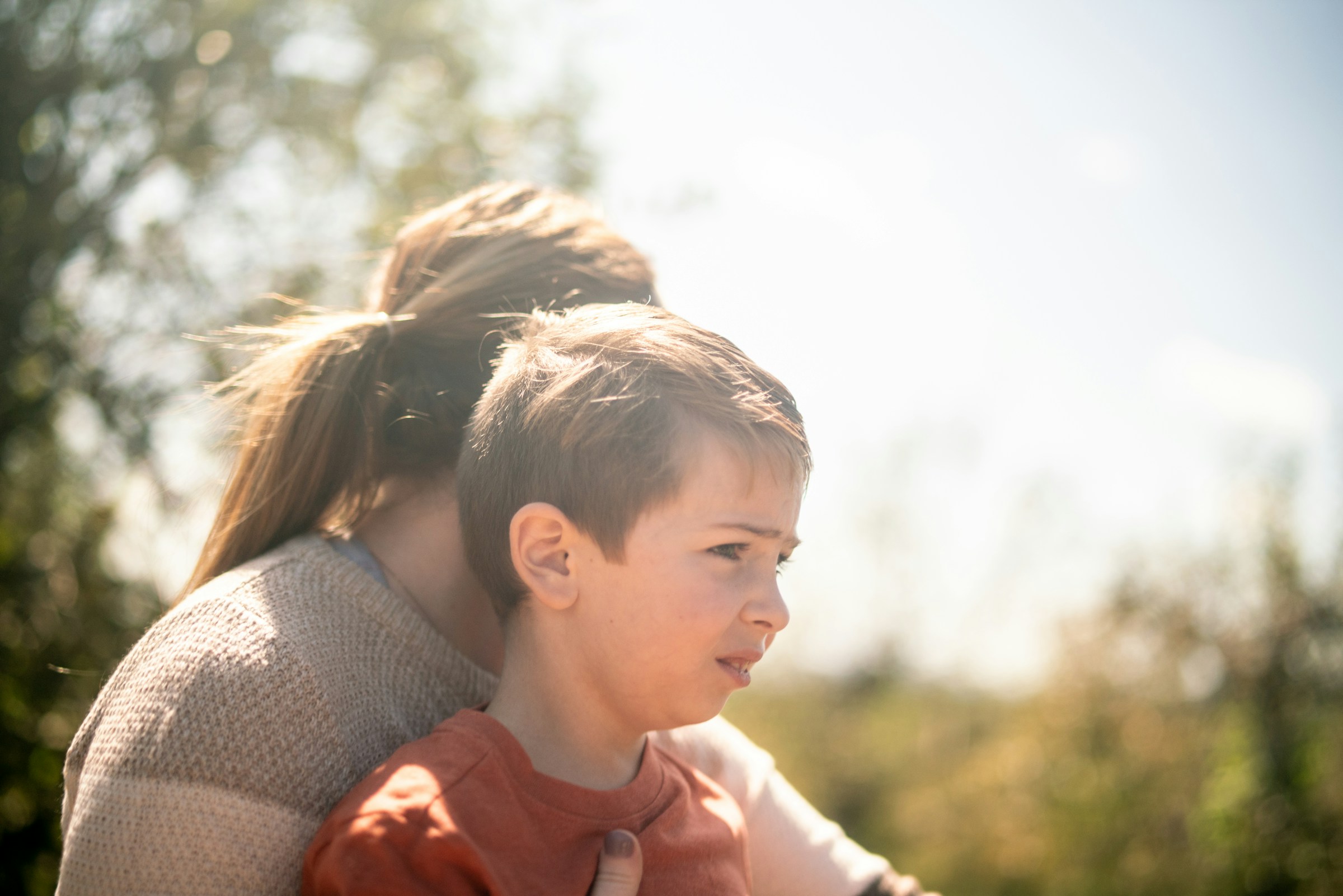FAFO parenting started as internet slang and slipped into real life whenever adults talked about kids, consequences, and learning things the hard way. FAFO stands for “find out,” and in a family setting it describes a style of parenting where children are allowed to make choices, experience the results, and then reflect on what happened. Instead of constant warnings, repeated reminders, or last minute rescues, the parent sets clear expectations, explains likely outcomes once, and then lets reality handle part of the teaching.
At its best, this approach is not about being brutal or indifferent. It is about respecting a child as a person who can connect actions with outcomes. In many homes, adults want their children to grow up independent, resilient, and capable, but their habits tell a different story. They step in every time a child struggles, fix every mistake behind the scenes, and cushion every fall so much that the child never really feels the weight of their own choices. FAFO parenting tries to correct that imbalance by shifting some of the teaching load onto real life, while the parent stays present as a calm guide in the background.
This approach becomes important because of a gap that appears in many modern childhoods. Throughout early years, children are praised, protected, and shielded from discomfort whenever possible. Then, in adolescence, the expectations suddenly spike. Teenagers are expected to manage exams, friendships, online drama, and early romantic relationships with adult levels of emotional control and accountability. The result is often shock and overwhelm. They know how to meet expectations when adults remind them and arrange everything, but when left on their own they have little practice handling consequences.
FAFO parenting tries to close that gap by bringing consequences forward, in smaller, safer doses, at younger ages. Instead of waiting for a major crisis to teach responsibility, it uses forgotten homework, messy chores, missed bedtimes, and overspent allowances as practice rounds. The idea is that a seven year old who feels the discomfort of turning up at school without a water bottle learns something real about preparation. That same child, ten years later, is more likely to understand that no one will always come to the rescue when they forget something important.
This does not mean throwing children into chaos. FAFO parenting actually rests on structure. Parents quietly build three mental zones. The first zone is what is always protected. Safety, health, and basic emotional security belong here. Seatbelts, adequate sleep, nutritious food, and protection from bullying or abuse are never experiments. In these areas, parents intervene early and firmly, because the risk of harm is too high for lessons to be left purely to experience.
The second zone covers low risk areas where independence is built. Homework timing, chore quality, how pocket money is spent, and simple time management choices all belong here. In this zone, parents make the expectations visible, describe likely consequences once, and step back. A child who leaves their uniform on the floor instead of the laundry basket might wear a crumpled shirt the next day. A child who spends their allowance impulsively may have to sit with the discomfort of having no money left later in the week. These are uncomfortable moments, but not dangerous ones. They create a clean line in the child’s mind between action and outcome.
The third zone is what is never allowed. This includes serious harm, physical violence, cruelty, or anything illegal. FAFO thinking does not apply here, because the stakes are too high and the potential damage too deep. In this zone, parents step in immediately. Independence is not built by letting children cross moral or safety boundaries unchecked. Instead, it is built by consistently showing that some lines are unbreakable, not as a random display of power, but as an expression of core values.
When FAFO parenting is applied thoughtfully, it strengthens independence in very practical ways. A child who experiences real consequences begins by feeling frustration or anger. They might blame their parents, the teacher, or bad luck. Over time, if the pattern remains consistent, something shifts. They start to see that their own choices keep showing up at the center of the story. A late night leads to a tired morning. A rushed, sloppy assignment leads to a lower grade. A careless tone leads to tension with a friend. That recognition is the beginning of self awareness.
From there, accountability starts to grow. Instead of saying, “This is unfair,” the child slowly learns to say, “I had a part in this.” FAFO parenting works best when parents refuse to gloat, shame, or say “I told you so.” Instead, they keep their presence steady and grounded. When a consequence lands, the conversation can sound like, “Yes, this is hard. You also knew this might happen. What can you change next time” This tone signals that the child is not being humiliated. They are being invited to think.
That invitation to think is where problem solving and resilience emerge. Imagine a child who forgets their sports shoes for practice. In a traditional rescue pattern, a parent might drive home, grab the shoes, and rush back to save the day. The child feels mildly sorry but mostly relieved. There is no powerful link between the forgotten shoes and the effort required to fix the mistake. In a FAFO pattern, the parent does not rush in. Instead, they might ask the child what options they can see. Can they borrow from a friend. Can they participate in a different activity. Do they simply miss this round and make a plan to pack their bag the night before next time. The child is forced to think, adapt, and accept the result.
Of course, this approach has a sharp edge if handled poorly. FAFO parenting can easily slide into emotional distance when adults use it as an excuse to disengage. “They will find out” can become a lazy shortcut that replaces teaching, listening, or comforting. A child left alone with their mistakes, mocked when they struggle, or ignored when they are distressed does not become independent in a healthy way. They become guarded, anxious, or resigned. The test is emotional. If a child feels abandoned, unsafe, or constantly humiliated, the approach has failed. If they feel challenged but still supported, there is a better chance that independence is growing in a balanced way.
Age and maturity make a difference too. A teenager can handle missing a party because they repeatedly broke curfew rules, and that consequence can drive home the idea that trust and freedom are linked. A very young child cannot carry that same weight. For younger children, consequences need to be gentler and closer in time to the behavior. The structure of FAFO parenting stays similar across ages, but the intensity, duration, and expectations must be adjusted to match the child’s developmental stage.
To make FAFO more than a slogan, families often need a simple internal routine. Parents can start by deciding, in a calm moment, which rules are non negotiable and which outcomes they are willing to let unfold. They can think ahead about small, natural consequences that hurt a little but do not harm and then commit to following through. The consistency matters more than the drama. A quiet “This is what we said would happen” carries more weight than a long lecture delivered in anger.
After the dust settles, the debrief is the moment that locks in learning. When a child is no longer flooded with emotion, a parent can ask what the child noticed, what felt worst, and what they might do differently next time. Helping them choose one realistic change and then praising the attempt to apply it gives them a sense of agency. They are not just being punished. They are being coached on how to design a better system for themselves.
Over time, small repetitions of this cycle build habits. Children begin to check their own bags, track their own deadlines, and think ahead about the ripple effects of their choices. Parents still exist as backup, but less as constant rescuers and more as mentors. That is what independence looks like in real life. It is not a dramatic moment when a child suddenly becomes “grown up.” It is a long series of small, repeated interactions with reality, held inside a relationship that remains warm, stable, and honest.
FAFO parenting, when used wisely, becomes one way to structure those interactions. It turns everyday slip ups into training reps for adulthood. It asks parents to be brave enough to step back at the right times and compassionate enough to step in at the necessary times. Most families do not need extreme discipline on one side or complete freedom on the other. They need a predictable way to let children test themselves against reality while knowing that they are still seen, still valued, and still loved. In that space, independence is not a threat or a burden. It becomes a natural outcome of growing up.














